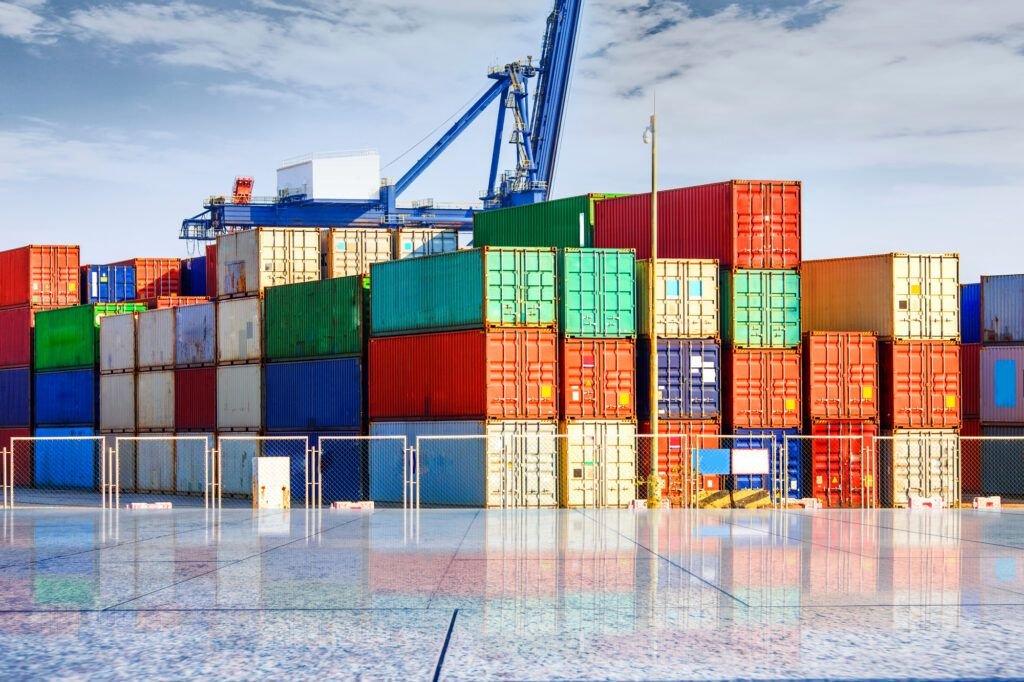Dubai is a purpose-driven city that strives to increase and cement its standing in the maritime sector, such as by boosting investors’ confidence in the market. To address this, Dubai established its first Maritime Advisory Council several years ago to aid communications between government agencies and private sector maritime firms. The UAE, on the other hand, discovered that to make the region a genuine competitor, it would be necessary to improve maritime conflict resolution procedures. The Emirates Maritime Arbitration Centre (EMAC) was established in 2016. It is a new maritime dispute resolution center for the Middle East that is intended to assist parties in resolving maritime conflicts through the use of a specialized maritime court.
One of the UAE’s greatest strengths is its ability to enforce foreign arbitration awards. The courts in the United Arab Emirates continue to be ahead of others in the Middle East when it comes to allowing claimants to successfully enforce foreign arbitration judgments. Dubai and the United Arab Emirates are fortifying their position as a major global maritime center, bolstered by encouraging courts and new maritime rules.
A business overview of the shipping sector
The UAE is the Middle East’s shipping hub, with 14 commercial ports in operation. Jebel Ali in Dubai, Abu Dhabi, Sharjah, and Fujairah are the major ports.
The Jebel Ali Port and Free Zone is the Middle East’s major logistics center. It is home to the world’s biggest artificial harbour, as well as one of the world’s top 10 sea ports.
Ports in the UAE have a significant impact on the country’s GDP, with thousands of firms currently active in the maritime sector, including all major container shipping lines that have offices in the UAE. In the context of their Middle Eastern operations, we’ve witnessed an increase in ship managers relocating to Dubai and Fujairah from Asia and Europe. Offshore operators in the marine sector operate their entire operations from Abu Dhabi and serve the rest of the region. This includes all of the services necessary to run a successful offshore company, including top offshore consultants, surveyors, marine insurance brokers, and prominent maritime law firms.

A broad review of the legal system
The UAE’s civil law system was influenced by the Egyptian legal system, which was based on French and Roman law. Shari’a law wasn’t built to handle international trade, so the oil boom in the 1970s helped develop the UAE’s contemporary legal system. The Commercial Maritime Law was passed in 1981, at which time it was influenced by Kuwait’s maritime law, which had been influenced by international maritime conventions and Italian and French maritime law. The Maritime Law is a set of regulations that was created in an effort to provide clarity and consistency for the maritime sector. It covers issues such as vessel registration, ownership, mortgages, arrest, crews and their contracts, charter parties and contracts of transportation, towage and pilotage, collisions and salvage, general average and marine insurance.
A community-based forum and legal jurisdiction
In the UAE, there are two separate court systems. The federal judiciary is made up of a number of courts at the national level. Ajman, Fujairah, Sharjah, and Umm Al Quwain chose to accept this arrangement, whereas Abu Dhabi, Dubai, and Ras Al Khaimah kept their own local court system.
- Courts
The Federal Court System is divided between the various Emirates (except for those that kept their local court system) with a court of first instance and an appellate court. The High Federal Supreme Court in Abu Dhabi handles appeals from the court of appeal. Appeals from the courts of appeal in Abu Dhabi, Dubai, and Ras Al Khaimah are considered by their own cassation courts (the Supreme Court in Abu Dhabi). There is an automatic right to appeal in any case worth more than 200,000 dirhams, which may extend court proceedings since no leave to appeal is necessary.
However, in an attempt to attract business and raise investor confidence in the area, Dubai expanded its existing court system in 2004, establishing what appears to be a successful “foreign” court system at the Dubai International Financial Centre (DIFC). With the opening of the Abu Dhabi Global Market Courts in 2015, which was based largely on the English legal system, similar measures have been taken in Abu Dhabi.
- Jurisdiction
In the UAE, the courts will take jurisdiction in a variety of situations, including when:
- one or more of the defendants is based in the UAE or has a commercial presence there;
- The loss or damage occurred in the United Arab Emirates; or
- If a work’s contract was signed or performed, or was supposed to be performed, entirely or in part in the UAE
In the event that a negotiated provision between the parties provides jurisdiction to a foreign court in circumstances where the UAE courts would have jurisdiction, the Civil Procedures Law (CPL) invalidates it. The UAE’s courts accept jurisdiction regardless of a foreign jurisdiction clause according to this view. The situation is slightly different with arbitration provisions, which the courts will acknowledge if they are in writing, properly defined, and signed by both parties.
- Limitation Period
In the UAE, the following limitation periods apply to maritime claims:
- The statute of limitations for tort claims is three years.
- 90 days for third-party recourse actions, one year for charter party and cargo claims
- Salvage and collision claims have a two-year time limit;
- Two years for claims on maritime insurance;
- Passenger claims for death or personal harm have a two-year time limit;
- Requests for delays have a six-month deadline;
- A single year is typically required for luggage claims.
- The time period for compensation claims connected to collisions is two years.
- One year to pursue rights of appeal against another ship for resolved claims of death or injury.
Arbitration & ADR
The CPL has provisions for basic standards on the use of arbitration procedures, which are laid out in Articles 203 to 218. The Dubai Maritime City Authority, a government authority under the Dubai Maritime City Authority, established the EMAC as a further assertion of the UAE’s position as a global maritime center. The Dubai International Financial Center is where Emirates Maritime Arbitration Centre (EMAC) is located. EMAC follows the rules of the London Maritime Arbitration Association and the Singapore Chambers of Maritime Arbitration, which are both set up in the DIFC.
There are four additional arbitration locations: the Dubai International Arbitration Centre (DIAC), the Abu Dhabi Commercial Conciliation and Arbitration Center (ADCCAC), the International Chamber of Commerce UAE, and the Dubai International Financial Centre (DIFC Arbitration Centre). The ADCCAC is the only one that isn’t located offshore in the DIFC.
Foreign arbitral awards enforcement
The UAE is a member of the New York Convention. Although there was some uncertainty in the past about how the UAE courts would enforce local conditions for recognition and enforcement of awards under the New York Convention, the UAE’s cassation courts have clarified that foreign arbitration decisions are enforceable. It’s also conceivable, in specific situations, to pursue recognition of foreign arbitral judgments through the DIFC offshore court system, avoiding many of the risks still associated with enforcement in the UAE.


